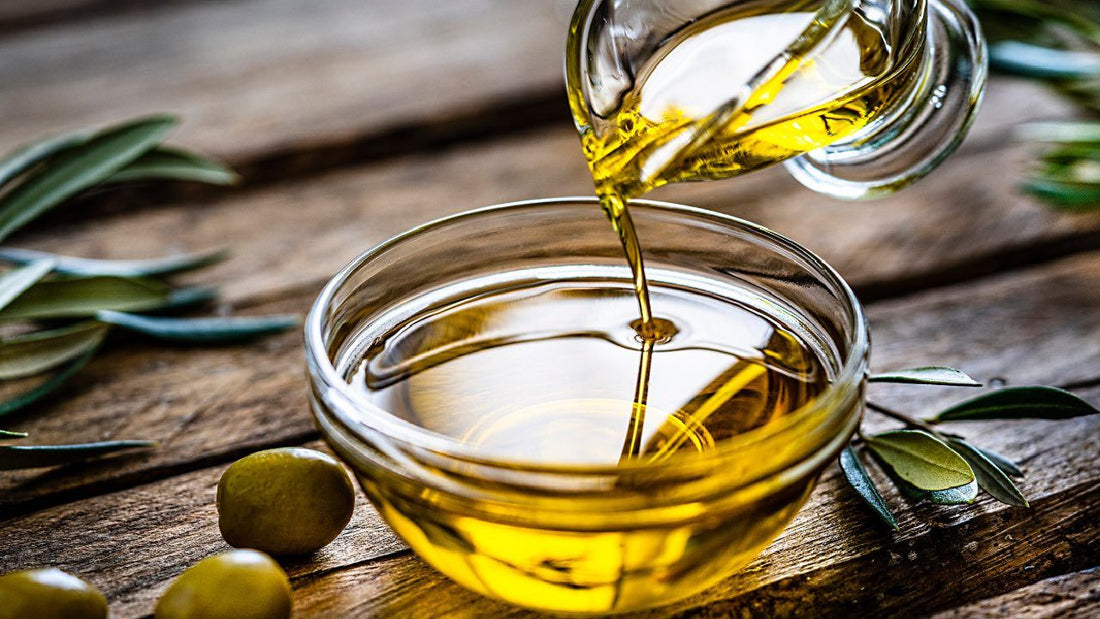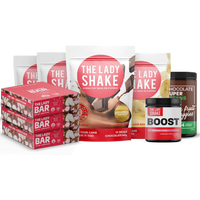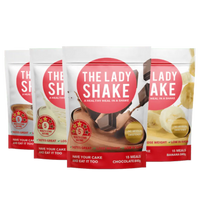
Comparing Cooking Oils: Which Is Best For Your Health?
Share
We all use oil when we’re cooking food. It has non-stick properties, helps with heat distribution and it protects our pans! So, which oil is the healthiest for cooking? There are so many different opinions and research has shown mixed results. We’re here to break down the benefits of the most common kinds of cooking oils.
Olive Oil
Olive oil is renowned for its high content of monounsaturated fats. Extra virgin olive oil in particular retains more of its beneficial compounds as it’s less processed. It’s also rich in antioxidants which have anti-inflammatory properties.
Serving Size |
Calories |
Fat |
Smoke Point |
Price (1kg) |
15mL |
122 |
13.8g |
160°C |
$13 |
Canola Oil
Canola oil goes through a complex manufacturing process and this benefits its shelf life, but also creates trans fats. So, although it’s similar in nutritional value to olive oil, olive oil doesn’t contain trans fats which when consumed in excess take a toll on the heart!
Serving Size |
Calories |
Fat |
Smoke Point |
Price 750mL |
15mL |
122 |
13.8g |
230°C |
$3.55 |
Coconut Oil
Coconut oil is a popular choice for cooking due to it being relatively flavourless and odourless, however 90% of its fat content is saturated fat, so it’s not particularly a healthy alternative like some people might think!
Serving Size |
Calories |
Fat |
Smoke Point |
Price (300g) |
10mL |
87 |
9.9g |
175°C |
$4.35 |
Vegetable Oil
Vegetable oil is either 100% soybean oil or made up from a blend of oils that may include corn, canola, sunflower or others. It’s got a high fat percentage of polyunsaturated fats which are the good kind! But it doesn't seem to provide any health benefits. One benefit, however, is that it's got a high smoke point making it ideal for any kind of cooking method.
Serving Size |
Calories |
Fat |
Smoke Point |
Price (750mL) |
15mL |
121 |
13.7g |
230°C |
$3.55 |
What To Consider
It really depends on what you’re cooking! You have to consider the smoke point, which is the temperature at which the oil begins to smoke and degrade. Choosing an oil with a smoke point that suits your cooking method can help avoid the production of harmful compounds.
You also have to take the price into account, and although olive oil seems to beat the rest in terms of health benefits (excluding its lack of versatility due to its low-medium smoke point), it’s so expensive right now thanks to a shortage of olives!
When choosing an oil, we recommend reading the nutritional information panel on the back of the label to decide which suits your dietary requirements best.






